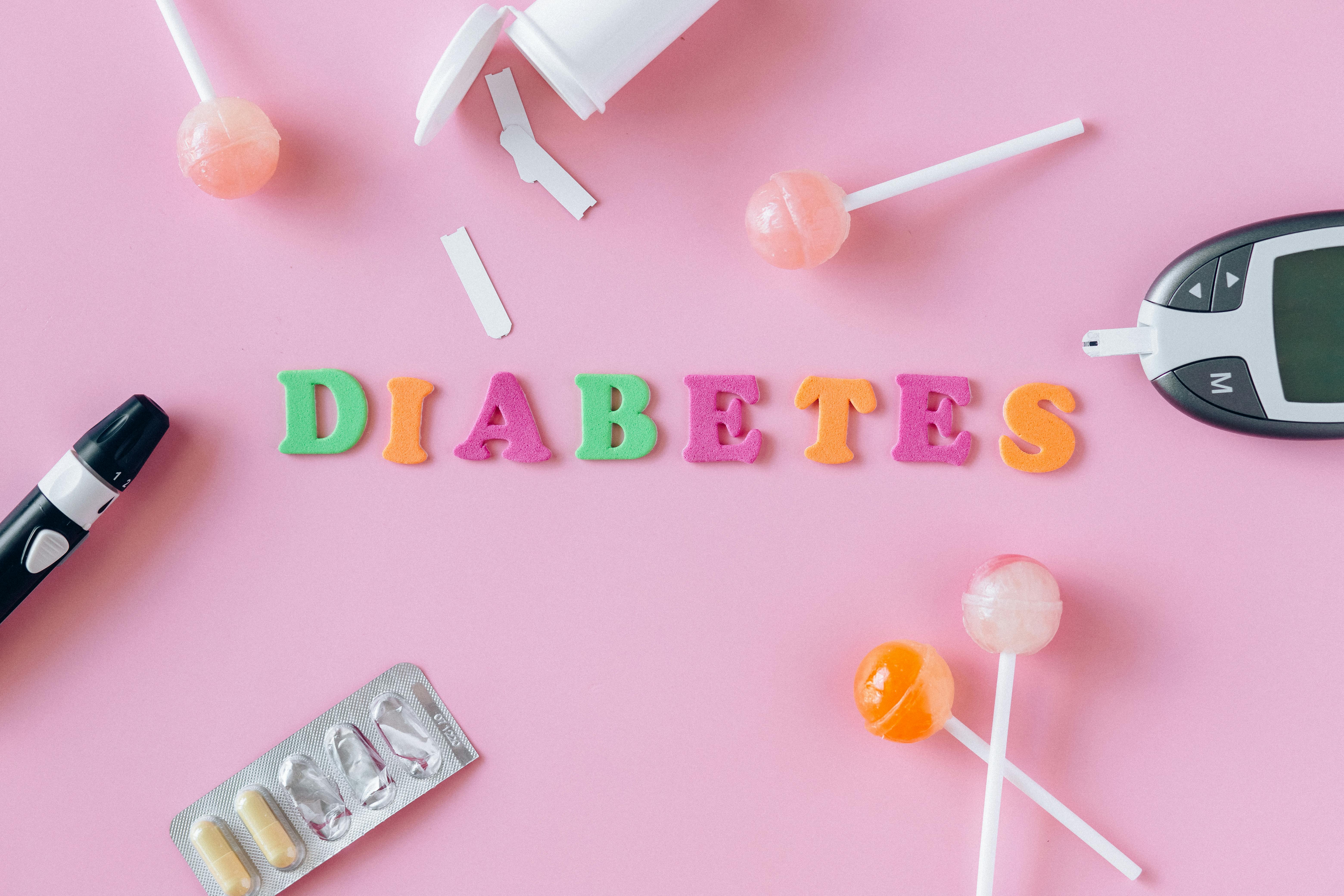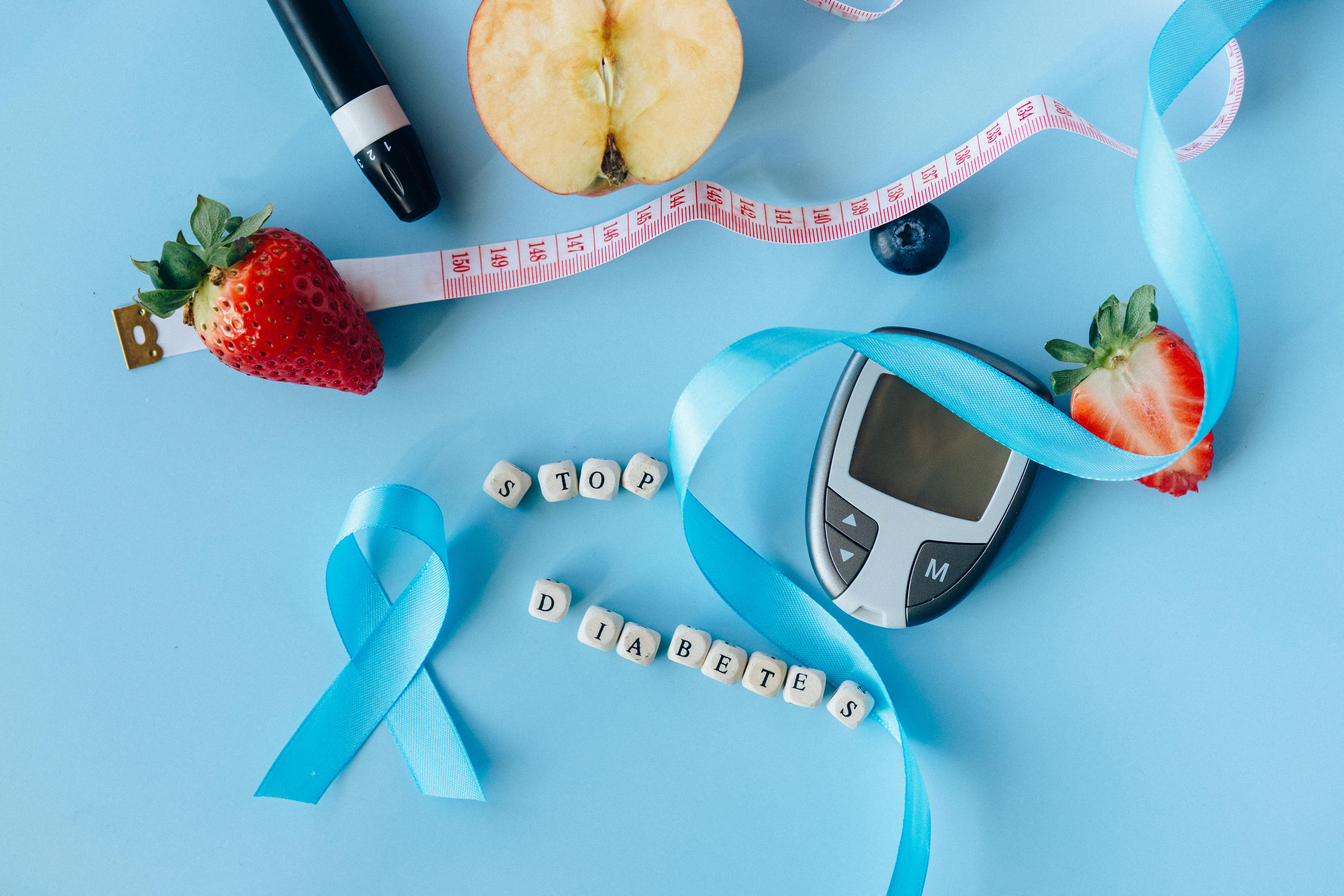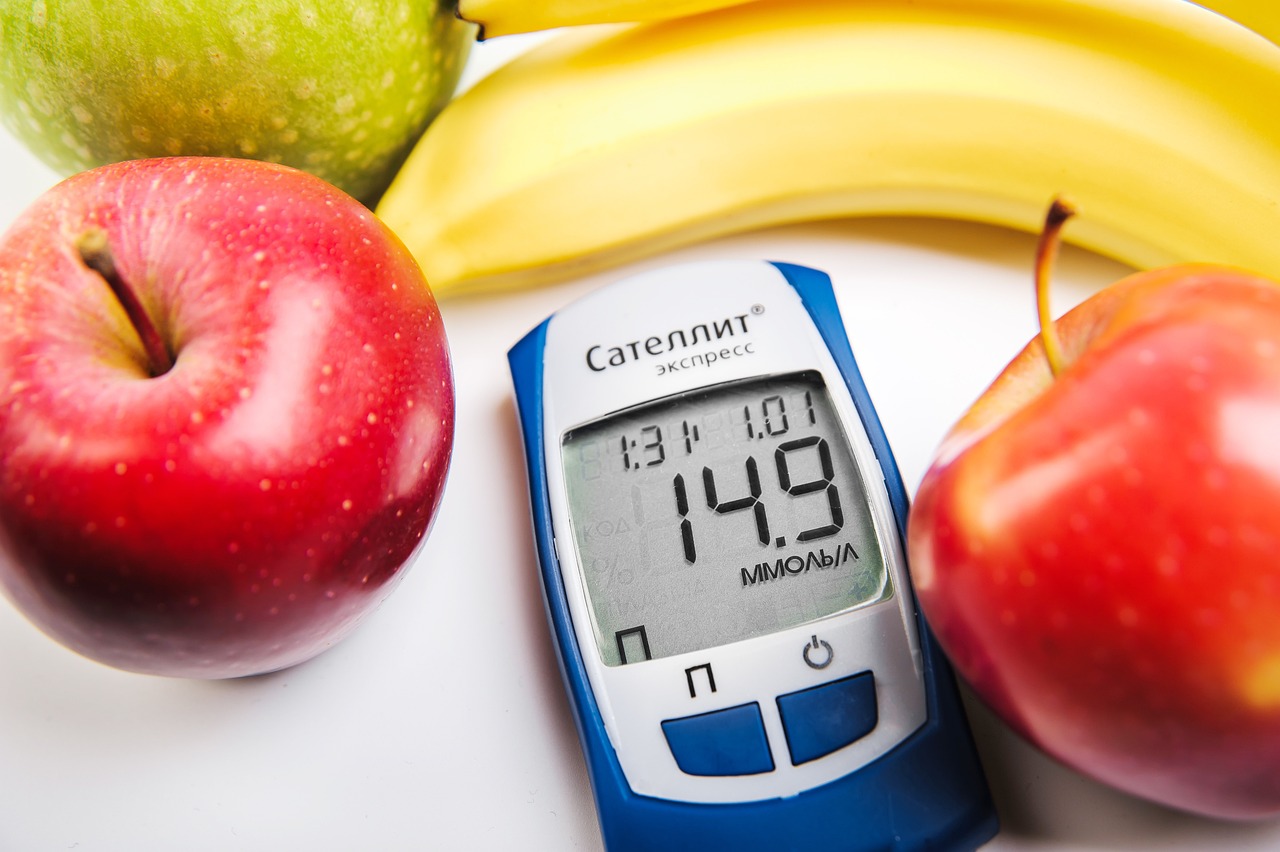Managing Type 2 Diabetes with Diet
Type 2 diabetes is a widespread chronic condition affecting millions of people worldwide. It appears when the body becomes immune to insulin or doesn’t produce enough of it, leading to high blood sugar levels. Left unmanaged, this situation can lead to extreme difficulties such as heart disease, nerve damage, and kidney problems.
One of the most useful ways to control type 2 diabetes is through diet. The foods you eat directly impact your blood sugar levels, energy, and overall health. Making knowledgeable dietary choices can not only help control blood sugar but also improve quality of life and reduce dependence on medication.
This article explores how diet can be a powerful tool in managing type 2 diabetes. From identifying foods to avoid to incorporating diabetes-friendly alternatives, we’ll guide you with practical tips to help you take control of your health.
Understanding Type 2 Diabetes
Type 2 diabetes is a metabolic condition marked by insulin resistance, where the body’s cells don’t react actually to insulin. This resistance results in increased blood sugar levels, which can harm various organs if not managed properly.
Several factors contribute to the development of type 2 diabetes, including genetics, sedentary lifestyles, and poor dietary habits. Excessive intake of sugary and processed foods, combined with a lack of physical activity, can exacerbate insulin resistance and lead to weight gain—a significant risk factor for the condition.
Diet plays a crucial role in controlling type 2 diabetes. By making conscious food choices, you can control blood sugar levels, maintain a healthy weight, and reduce the risk of complications. The right diet complements other management strategies, such as medication and exercise, to support overall health.
Foods to Avoid with Type 2 Diabetes
Managing type 2 diabetes starts with understanding which foods can cause blood sugar spikes or contribute to insulin resistance. Here are the essential foods to sidestep:
1. Sugary Foods and Beverages
Foods high in refined sugar, such as candies, desserts, and sweetened beverages, can lead to rapid spikes in blood sugar levels. Sodas, energy drinks, and sweetened teas are especially harmful as they provide empty calories without nutritional benefits.
2. Refined Carbohydrates
White bread, pasta, rice, and other refined grains are quickly broken down into sugar in the body, causing blood sugar to rise. Opt for whole-grain alternatives instead.
3. Fried Foods
Fried foods are high in unhealthy fats and calories, contributing to weight gain and increased insulin resistance. Items like fried chicken, French fries, and chips should be avoided.
4. Processed and Packaged Snacks
Snacks like crackers, cookies, and packaged baked goods often contain trans fats and added sugars, which can negatively impact blood sugar control and cardiovascular health.
5. Full-Fat Dairy Products
While dairy can be part of a balanced diet, full-fat options such as whole milk, cream, and cheese contain saturated fats, which may contribute to insulin resistance and cardiovascular issues.
6. High-Sodium Foods
Processed meats, canned soups, and fast foods are often loaded with sodium, which can increase blood pressure—a common concern for people with type 2 diabetes.
By avoiding these foods, you can create a more diabetes-friendly eating plan that supports stable blood sugar levels and better overall health.
Foods to Include for Managing Type 2 Diabetes
In addition to avoiding certain foods, incorporating nutrient-rich options can help stabilize blood sugar levels, improve energy, and support overall health. Here are some diabetes-friendly foods to prioritize:
1. Non-Starchy Vegetables
Vegetables like spinach, broccoli, zucchini, and bell peppers are low in carbohydrates and high in fiber, making them excellent for blood sugar control.
2. Whole Grains
Swap refined grains for whole-grain options such as quinoa, brown rice, oatmeal, and whole-grain bread. These foods provide sustained energy and prevent blood sugar spikes.
3. Lean Proteins
Proteins like skinless chicken, turkey, fish, tofu, and legumes help maintain satiety and stabilize blood sugar levels. Fatty fish, such as salmon and mackerel, are also rich in omega-3 fatty acids, which support heart health.
4. Healthy Fats
Include healthy fats in your diet from sources such as avocados, nuts, seeds, and olive oil. These fats can improve insulin sensitivity and provide long-lasting energy.
5. Low-Glycemic Fruits
Berries, cherries, apples, and pears are low on the glycemic index, meaning they have a smaller impact on blood sugar levels compared to other fruits.
6. Legumes and Beans
Beans, lentils, and chickpeas are rich in fiber, protein, and complex carbohydrates, which help regulate blood sugar.
7. Dairy Alternatives
Choose low-fat or unsweetened dairy products such as Greek yogurt, almond milk, or soy milk to enjoy dairy without the added sugar or saturated fats.
By focusing on these nutrient-dense options, you can create a balanced diet that supports blood sugar management and promotes overall well-being.
Tips for Managing Type 2 Diabetes by Diet
Effectively managing type 2 diabetes goes above simply selecting the right foods. It requires adopting dietary habits that help maintain stable blood sugar levels and support long-term health. Here are practical advice to optimize your diet:
Eating large portions can lead to blood sugar spikes, even when consuming healthy foods. Use smaller plates, count servings, and be aware of portion sizes to sidestep overeating.
- Monitor Carbohydrate Intake
Carbohydrates have the most immediate impact on blood sugar levels. Track your carb intake and opt for complicated carbohydrates like whole seeds and legumes, which are outlined more gradually and help maintain stable blood sugar.
Every meal should include a balance of protein, healthy fats, and fiber-rich carbohydrates. This combination helps slow the absorption of sugar into the bloodstream and controls pinpoints.
- Time Your Meals Consistently
Skipping meals or eating irregularly can force blood sugar changes. Aim to eat meals and snacks at frequent intervals to maintain constant energy levels and blood sugar management.
Dehydration can affect blood sugar levels. Drink plenty of water throughout the day and limit sugary or caffeinated beverages that can contribute to dehydration.
- Limit Processed and Packaged Foods
Even seemingly healthy packaged foods may contain hidden sugars, harmful fats, or excessive sodium. Read titles carefully and prioritize whole, unprocessed foods.
Meal planning can help ensure you have balanced, diabetes-friendly meals ready, reducing the temptation to reach for unhealthy options. Organize meals for betterment and keep healthy snacks on hand.
Work with a registered dietitian who specializes in diabetes to create a personalized meal plan that suits your preferences, lifestyle, and medical needs.
By incorporating these strategies into your routine, you can manage type 2 diabetes effectively and enjoy a healthier, more balanced life.
The Importance of Regular Exercise
Regular exercise is a cornerstone in managing Type 2 diabetes, complementing a healthy diet to improve blood sugar control, enhance insulin sensitivity, and promote overall well-being. Exercise helps the body use insulin more actually, allowing cells to drink glucose from the bloodstream. This guides to better blood sugar levels and lowers the risk of difficulties associated with diabetes, such as heart disease and nerve damage. Physical activity also aids in weight management, which is particularly important for individuals with Type 2 diabetes, as excess weight can worsen insulin resistance. A combination of aerobic exercises, such as walking, swimming, or cycling, and strength training can improve muscle mass and metabolic function. Regular movement also lowers stress, supports cardiovascular health, and boosts energy levels.

Managing Type 2 diabetes through a balanced diet and regular exercise is essential for controlling blood sugar levels and maintaining overall health. By avoiding foods that cause blood sugar spikes and incorporating nutrient-dense, diabetes-friendly options, individuals can improve their insulin sensitivity and prevent complications. Alongside a healthy diet, regular physical activity plays a crucial role in enhancing blood sugar control, supporting weight management, and boosting energy. Adopting these lifestyle changes requires commitment, but with proper planning, education, and support, Type 2 diabetes can be effectively managed. Always consult with healthcare providers for personalized advice, ensuring the best possible outcomes for long-term health and well-being.
















